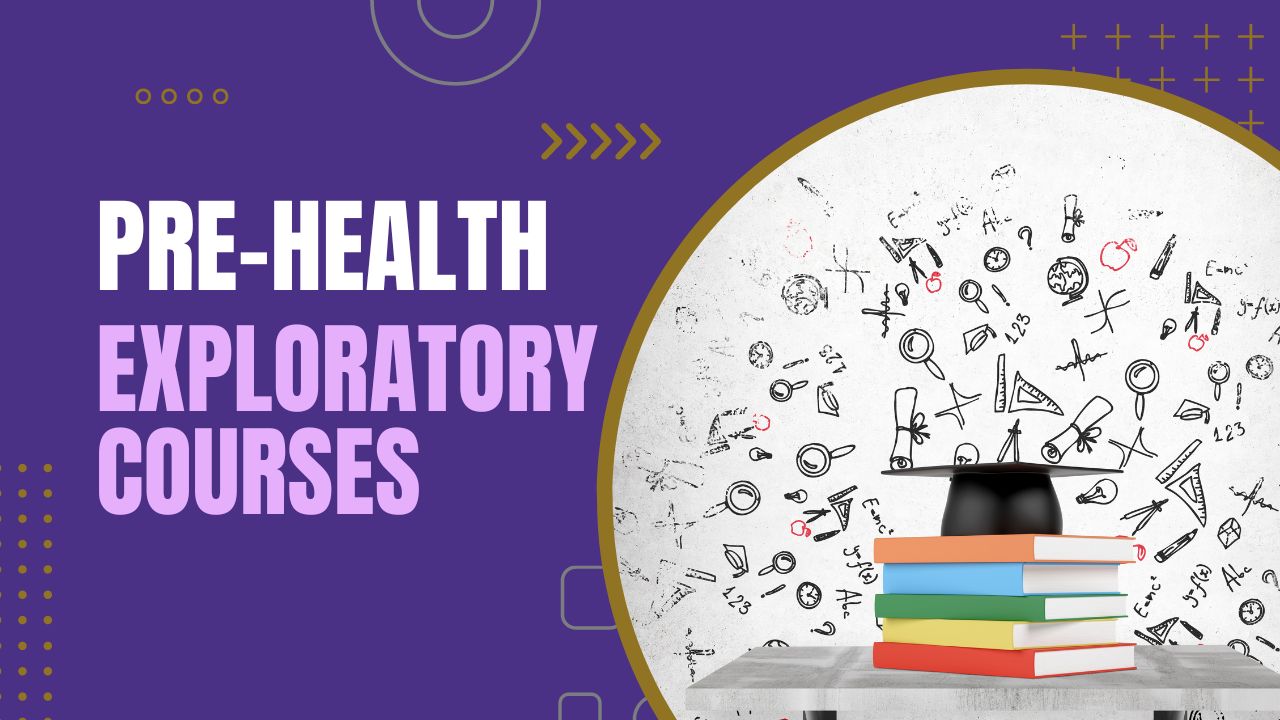Exploratory Courses

Spring 2026 Course Offerings
Consider these courses when building your schedule to further explore health and healthcare as a field of study and vocation.
Consult with your Academic Advisor when registering for courses to ensure your progress toward the completion of degree requirements.
If you’re considering a career in clinical patient care (medicine, dentistry, pharmacy, etc.), consider starting with courses in Biology and/or courses in Chemistry depending on your placement in those courses. These sequenced courses are prerequisites for many professional health programs.
Visit our Pre-Health Advising page on Coursework for more on program prerequisites.
If you’re considering a career in health, but not sure exactly what or where, consider courses in Health Studies or Health Elective courses.
UW Seattle courses require cross-campus enrollment.
- PCEUT 201 Drug Discovery, Development and Beyond: Careers and Controversies (3)
Follow a drug’s journey from discovery through approval, while examining the scientific, ethical, and career perspectives along the way. Ideal for health science and non‑science majors. Recommended for undergraduate health science majors and non-science majors. MWF 2:30 – 3:20 PM with Yvonne Lin - PHRMSC 312 The Science of Drugs (3)
Dive into medicinal chemistry and pharmaceutical sciences. Great for students in chemistry, biochemistry, engineering, public health, and related fields. MWF 1:30 – 2:20 PM with Libin Xu - PHRMSC 432 Introduction to Pharmacoeconomics and Outcomes Research (2) Learn how cost‑effectiveness, quality of life measures, and outcomes data shape real‑world healthcare decisions. Th 3:30 – 5:20 PM with David Veenstra
- PHRMSC 441 Introduction to Mass Spectrometry (2) Explore modern ionization methods, LC‑MS assay development, proteomics, metabolomics, and techniques for determining molecular structure. MWF 1:30 – 2:50 PM
- PHRMSC 480 Current Trends in Pharmacy Science and Practice (1)
Engage with current topics in pharmacy practice and learn how to apply pharmaceutical science concepts to real‑world scenarios. T 11:30 – 12:20 PM with Jasmine Mangrum